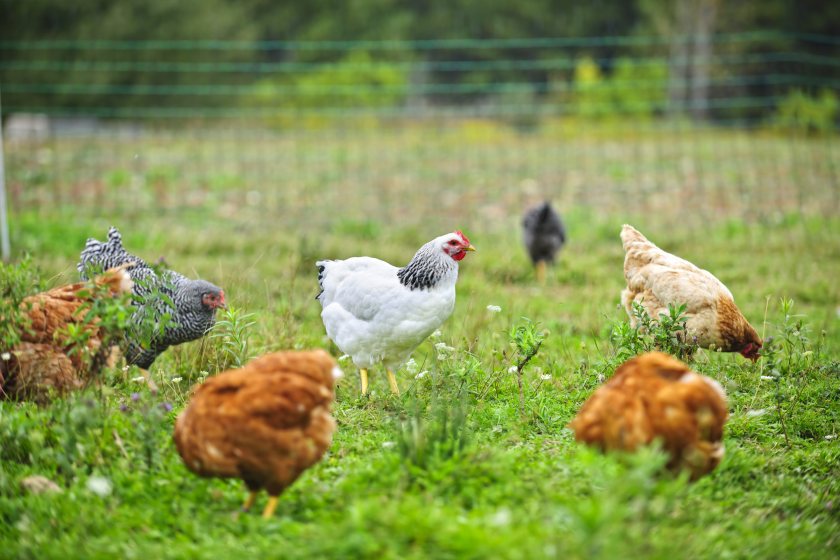Brits would pay billions more for higher-welfare meat, study suggests

British consumers are willing to pay billions of pounds more for higher-welfare meat, milk and eggs, according to groundbreaking research that could reshape how the government and supermarkets value animal welfare.
The study, led by Professor Richard Bennett at the University of Reading, has developed the first economic tool to measure the true value of animal welfare improvements across farming systems.
The framework links welfare scores to what UK households are prepared to pay for better conditions — a step that could transform how policy and retail decisions are made.
Professor Bennett said: “For too long, animal welfare has been difficult to factor into policy decisions because we lacked a standardised way to measure its value. This research finally provides that tool.”
He added that “farmers, retailers and the government can now assess whether welfare improvements represent good value for money, using welfare scores based on independent expert judgment and real public preferences.”
The new system assigns each farming method a score from 0 to 100, where zero represents extreme suffering and 100 the best achievable welfare.
A panel of 13 animal scientists assessed different systems — from caged hens to free-range chickens and indoor pig units — considering animals’ health, mental wellbeing, and ability to display natural behaviours throughout their lives.
Over 3,000 UK households were then surveyed to calculate how much people would pay for welfare improvements. The results show that consumers value improvements most where current standards are poorest, suggesting strong public demand to raise welfare across intensive systems.
The research comes as supermarkets face growing pressure to raise welfare standards and improve transparency on food labels, amid increasing consumer interest in ethical sourcing.
The findings indicate that moving all caged hens to free-range systems would increase welfare scores from 32 to 51 and be worth £496 million a year, or around 20p per egg.
Giving broiler chickens more space would raise scores from 38 to 47, valued at £997 million annually, or 92p per bird. Eliminating farrowing crates for pigs would lift scores from 27 to 47 and be worth £1.4 billion per year, or £2.52 per kilogram of pork.
In the dairy sector, reducing lameness in cows from 30% to 5% would boost welfare scores from 43 to 56 and be valued at £1.7 billion a year, equivalent to 11p per litre of milk.
Using pain relief for lamb castration would raise welfare scores from 53 to 56, valued at £320 million annually, while ending castration entirely would increase the score to 60 and be worth £717 million a year.
The research found strong backing for welfare improvements, with 85% of respondents agreeing there is a moral duty to protect farm animals and 86% supporting regulation to improve welfare across all species.
Until now, the Treasury’s Green Book — the government’s cost–benefit framework — had no standardised way to value animal welfare improvements.
Professor Bennett’s model provides that missing tool, allowing policymakers to estimate economic benefits and weigh them against implementation costs.
For example, improving chicken welfare from a score of 40 to 45 would deliver a benefit of £22.14 per household per year, or £628.8 million nationwide.
The framework draws on the internationally recognised Five Domains of Animal Welfare, expanding existing EU models to include mental wellbeing and lifetime experience rather than just physical health.
Some analysts have cautioned that stated willingness-to-pay figures do not always translate into real purchasing behaviour, suggesting the results should be seen as indicators of public priorities rather than literal spending forecasts.
Commissioned by Defra and developed at the University of Reading’s School of Agriculture, Policy and Development, the research aims to help government, retailers and producers make evidence-based welfare decisions.
Professor Bennett said the new system could “bring animal welfare into the same decision-making framework as economics and environment,” helping policymakers “reflect both public values and animal needs.”








